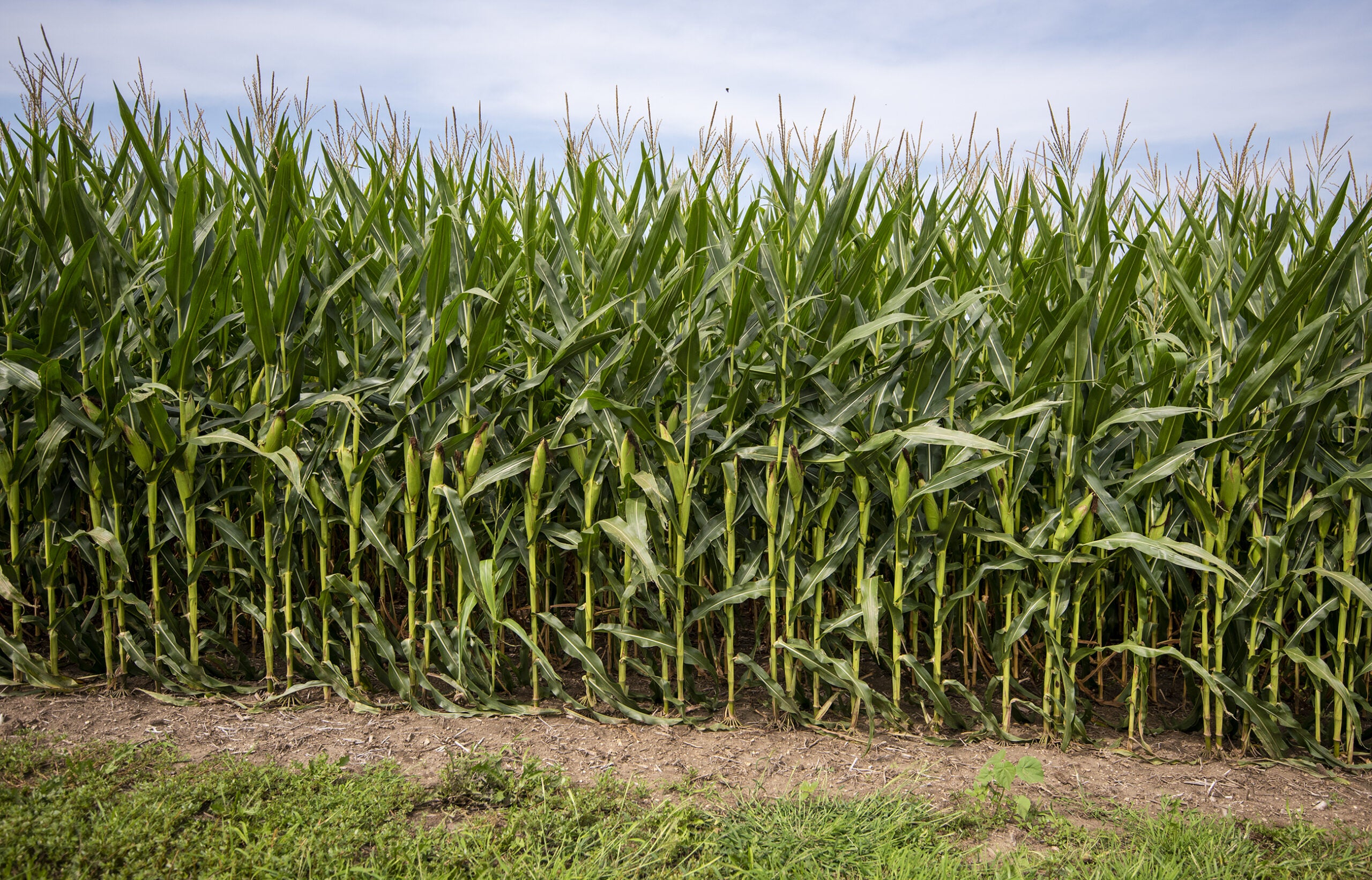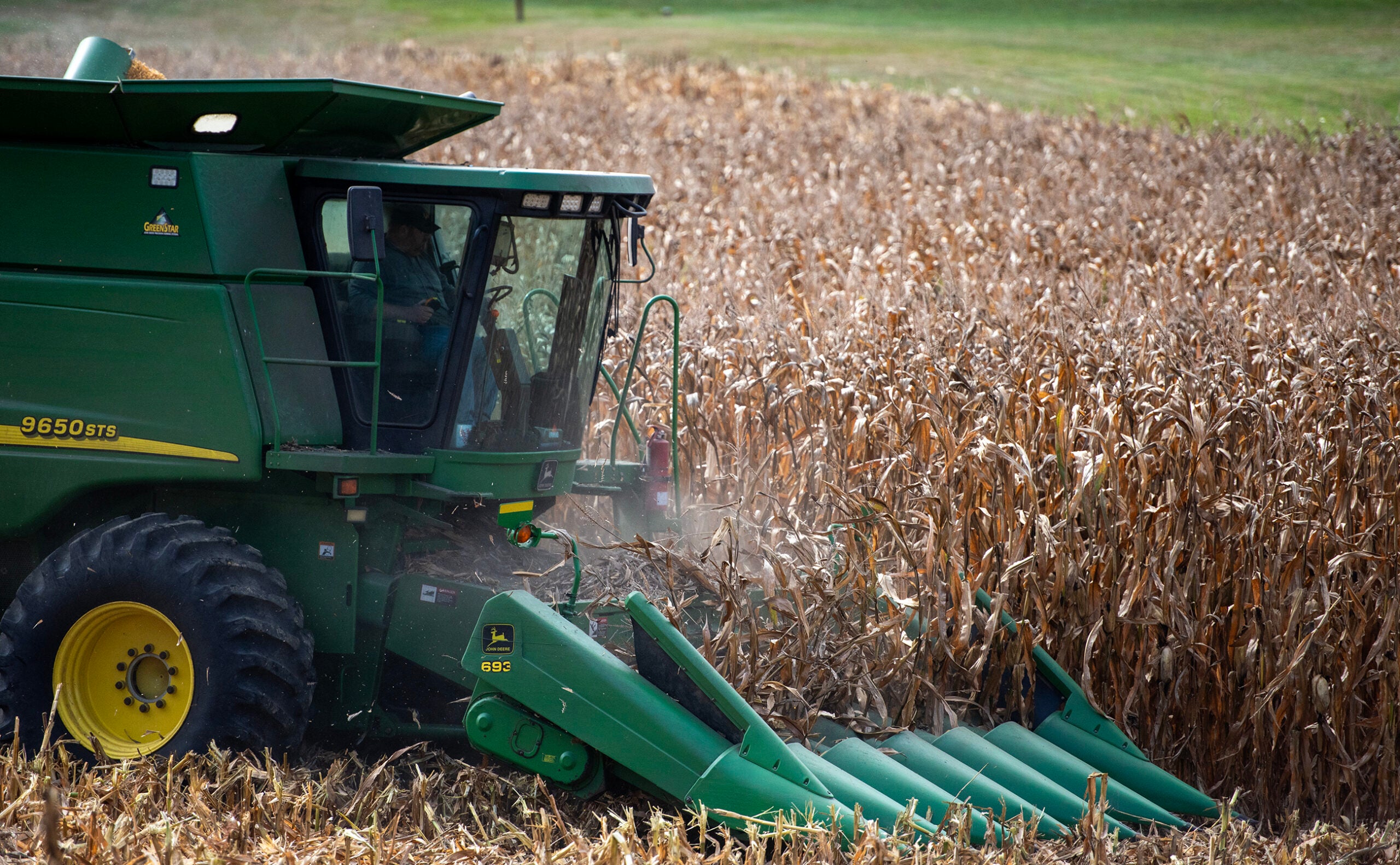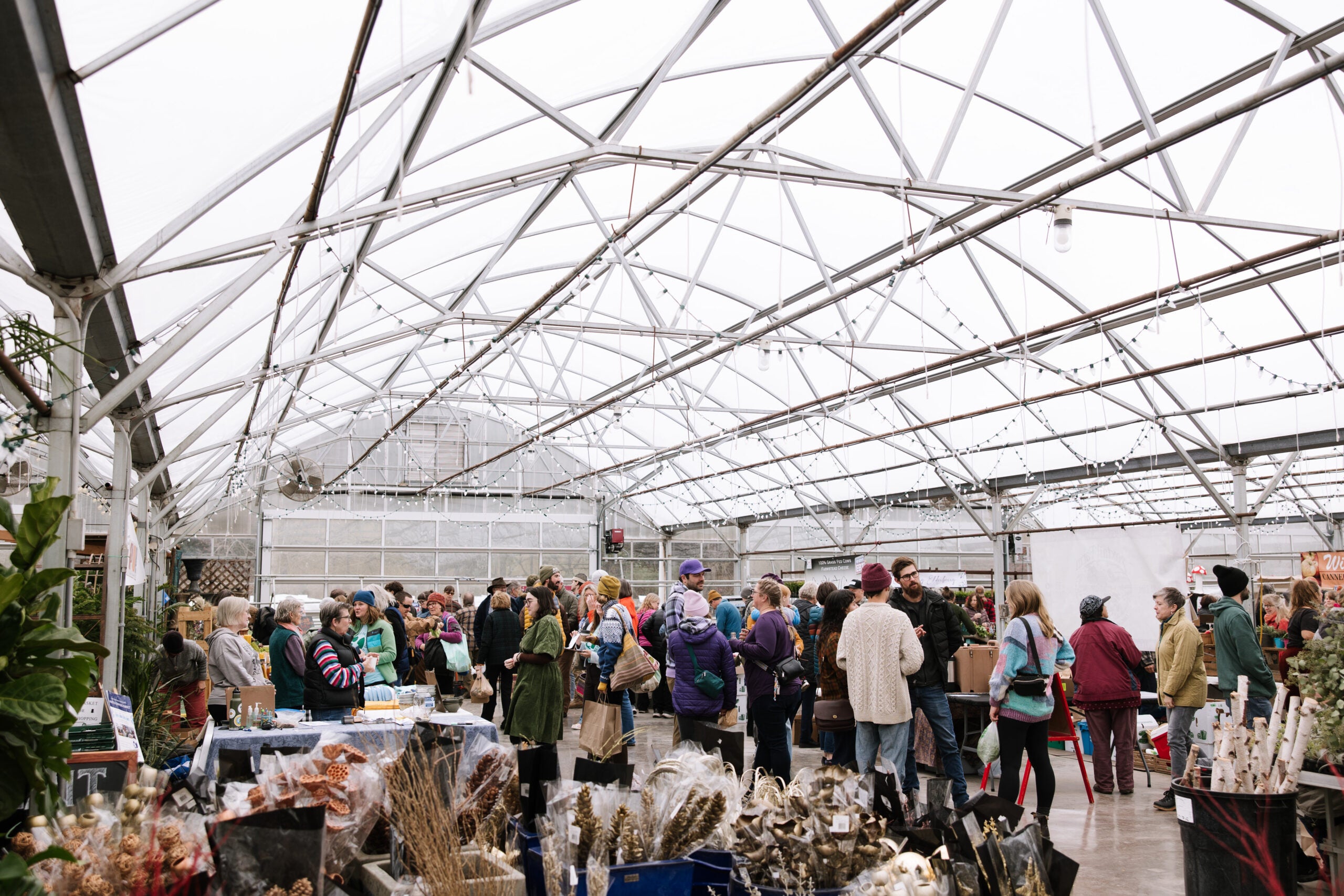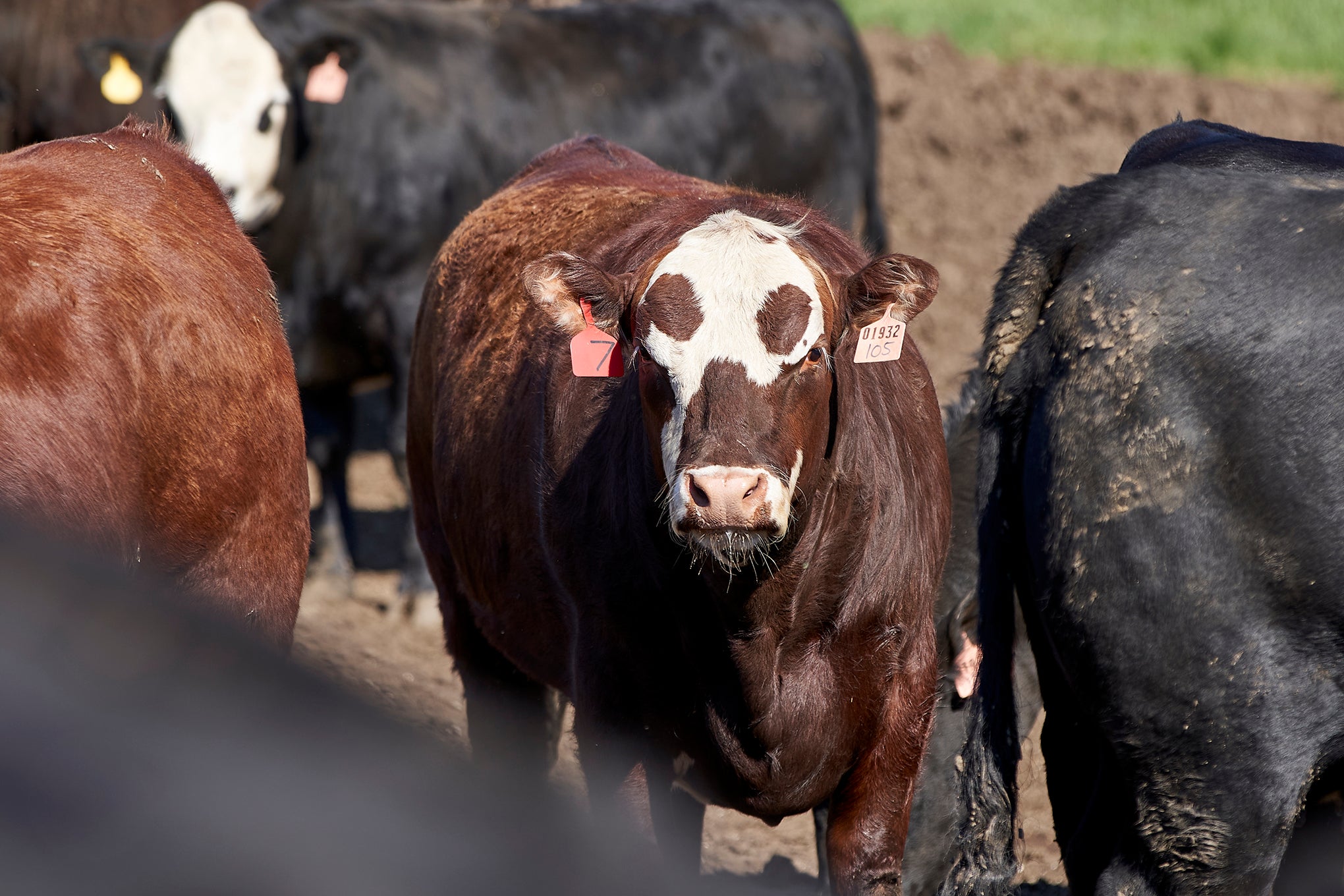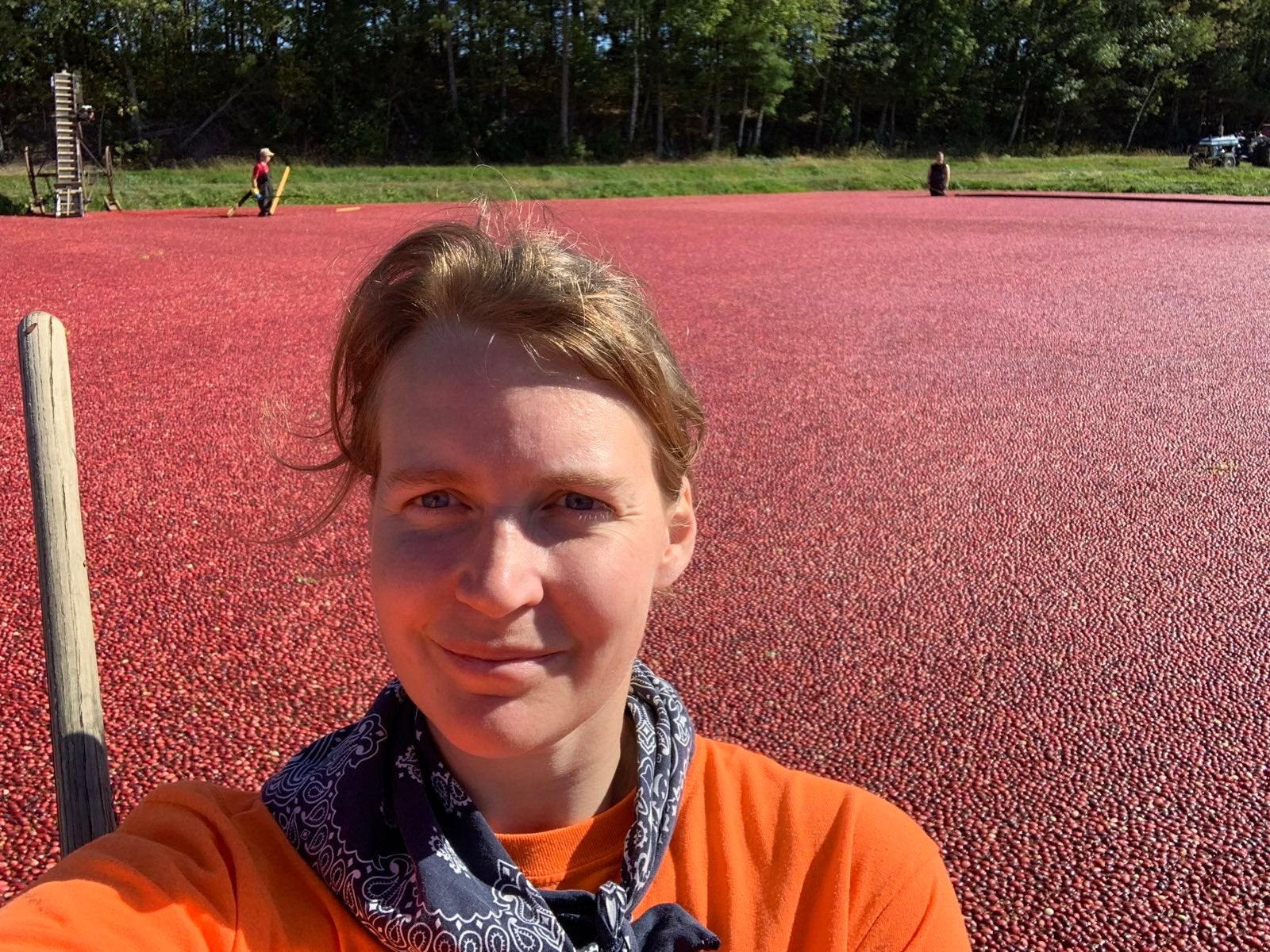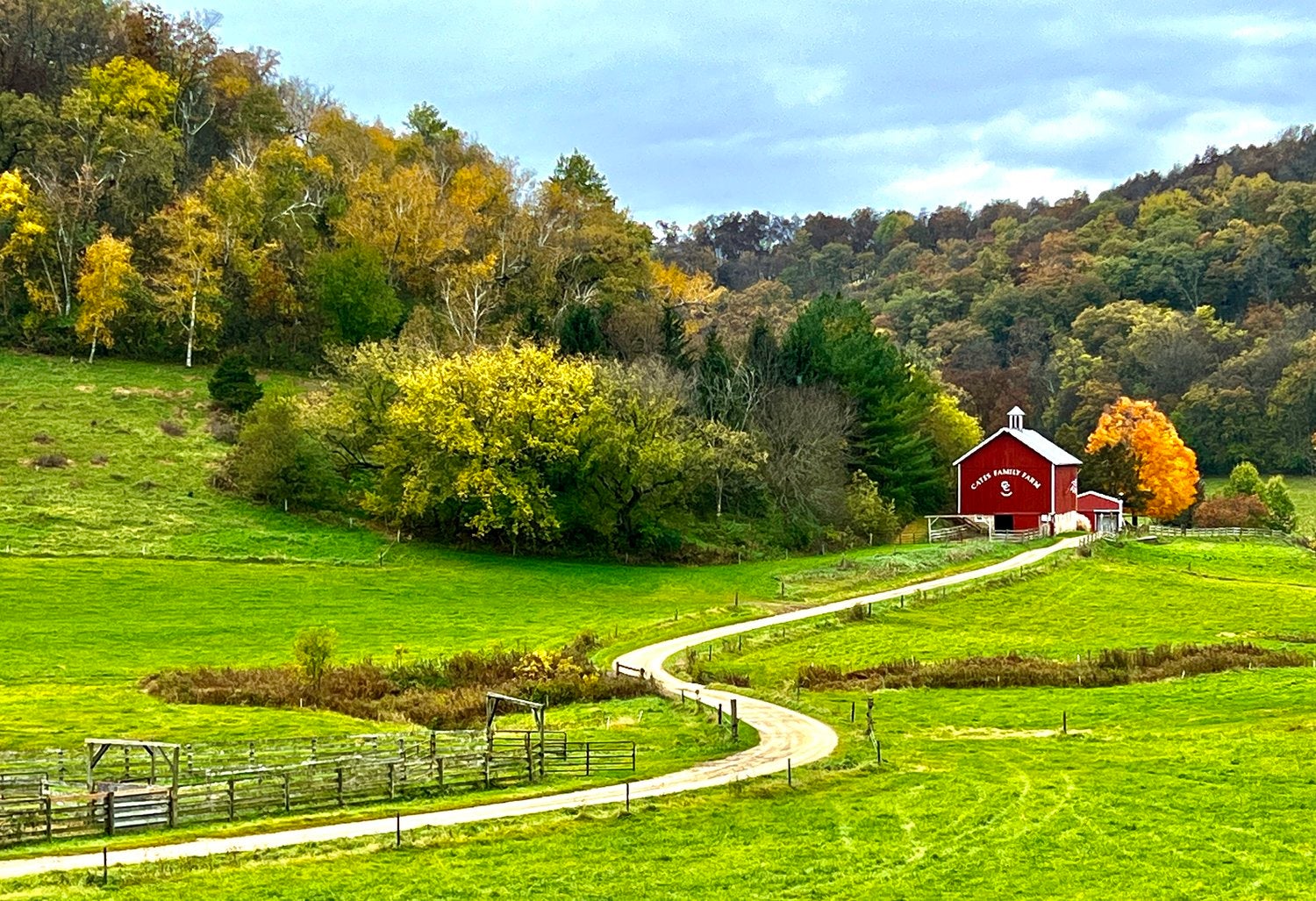Even as momentum builds around carbon credit markets, few farmers in Wisconsin are participating, industry leaders say.
Will Fulwider is the regional crops educator with the University of Wisconsin-Extension in Dane and Dodge counties. He said there’s a larger pool of people interested, but many farmers are unsure if this is the best time to sign up.
“People haven’t jumped in, but they’re all kind of like toeing the line and walking around,” Fulwider said. “But there’s a lot more buy-in than there was 20 years ago from the consumer, business side of things.”
News with a little more humanity
WPR’s “Wisconsin Today” newsletter keeps you connected to the state you love without feeling overwhelmed. No paywall. No agenda. No corporate filter.
Fulwider said last winter, he was one of about 300 people to attend the Wisconsin Cover Crops Conference, but only one person raised their hand to say they were either selling or looking to participate in carbon credit markets.
Nationally, agriculture is the source of roughly 10 percent of greenhouse gas emissions, according to the Environmental Protection Agency. Through carbon credit offset programs, farmers can engage in practices like planting cover crops or reducing tillage to help store carbon in the soil. Companies can buy that extra stored carbon to offset their pollution, or to be net-zero in their emissions.
But without regulation or guidance, many farmers are left navigating what some say is a confusing patchwork of standards to measure carbon, sell credits and make money.
Tara Daun, watershed coordinator for Wisconsin Farmers Union, said there has been a lot of headway in educating farmers, but logistical challenges impede them from acting on it.
“There is a lot of hesitancy and skepticism for the markets being valuable, the markets being accurate,” she said.
Daun said the Union doesn’t have an official position on carbon offset payments for farmers — many of whom she described as “carbon curious” — because people have so many different opinions on the issue.
Carbon credit markets were “really hot in the pan a couple of years ago,” Daun said, but a substantial number of farmers have lost motivation to engage in them today.
But Ryan Stockwell of Indigo Ag, a Boston-based startup that works with farmers on climate-friendly practices and sells carbon credits, sees a different trend. He said the price of carbon their partners receive has doubled since 2021. As of late 2022, growers were receiving $30 per credit with Indigo.
Stockwell, a Midwest-based farmer himself, admitted that “we’re still at the front end of this opportunity for a lot of growers.”
“But we are seeing tremendous growth in participation, not just in the number of farmers, but in the number of acres and fields enrolled in our carbon credit program. So we take that as a sign that there’s some maturation going on in the market,” he added.
In all, 427 farmers have produced carbon credits in 2021 for Indigo Ag, the second carbon crop of the company’s program that began in 2019.
By some estimates, the voluntary carbon offsets market is worth more than $2 billion. But many climate advocates point out that there is no net reduction in greenhouse gas emissions from offset programs.
Don Lutz, a farmer in central Wisconsin and former statistician with the U.S. Department of Agriculture said he was interested in participating in carbon offset programs. But after considering the soil types he farms, the length of the growing season in the area, and the fact that he raises corn for grain and soybeans, he said, “it didn’t make economic sense.”
“You’re putting a value on something that still lacks universally adopted standards and metrics for trade,” Lutz said.
But federal lawmakers, including Democratic U.S. Sen. Tammy Baldwin, hope to change that.
In December, Congress passed the bipartisan omnibus bill. Part of the legislation authorizes the USDA to create a certification program and offer technical assistance to farmers and landowners to better understand the complexities of carbon offset programs.
Once its own bill, the Growing Climate Solutions Act passed the Senate in 2021. But instead of being signed into law, it underwent changes and made its way into the spending bill.
In the coming months, the agency will create an advisory council to make recommendations on protocols, qualifications and best practices for carbon credit markets. They will also begin offering resources to farmers, ranchers and private forest landowners with the goal of making it easier to sign up.
“Climate change is an immediate and growing threat to our economy, and I am excited that this bipartisan program will provide tools for Wisconsin farmers to continue to be part of the solution, while also generating new economic growth for rural communities,” Baldwin said in a statement to Wisconsin Public Radio.
‘We can have a better impact on the earth’
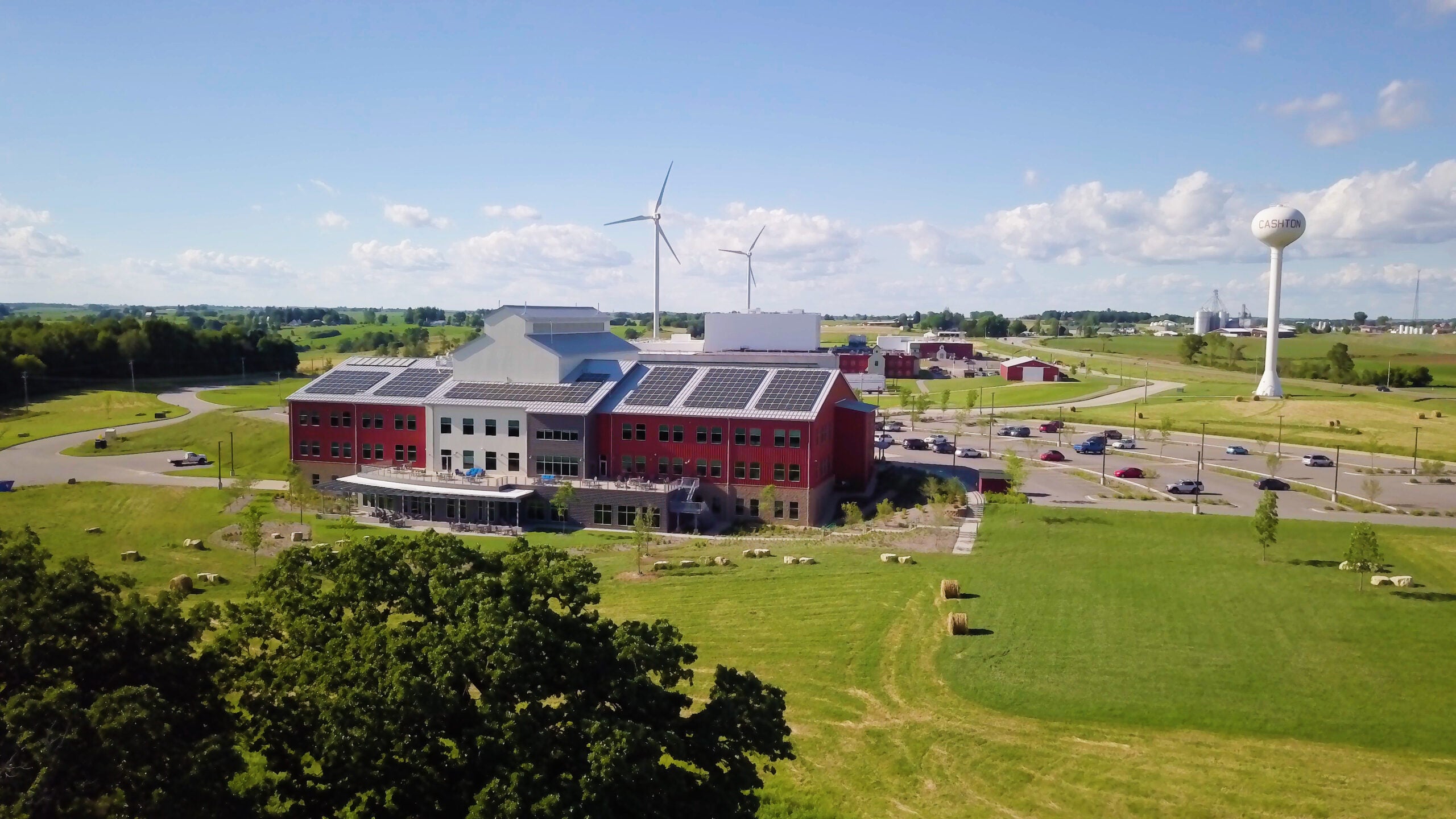
One Wisconsin organization embracing climate-forward policies is Organic Valley. The group operates a cooperative that’s enrolled roughly 30 farmers in its own carbon credit program. It’s part of Organic Valley’s plan to become carbon-neutral by 2050.
For each project, Organic Valley quantifies the estimated carbon benefit and provides a financial incentive based on how much is reduced or sequestered. Annually, farmers receive anywhere from $500 to $4,000 for reduced or sequestered carbon.
Wade Miller, vice president of farm resources and sustainability at Organic Valley, said the co-op hopes to give small-family farmers access to the market. He said he hopes their efforts help create a better world for future generations.
“I’m 58, so when they talk about what’s going to happen by 2050, I’m worried about what’s going to happen to my children,” he said.
“We hear this drumbeat of bad news,” Miller said of climate change, “but this is nature. And if we put our minds to it, and try to understand it, and try to put into practice what we learn, I’m confident that we can have a better impact on the earth.
Wisconsin Public Radio, © Copyright 2025, Board of Regents of the University of Wisconsin System and Wisconsin Educational Communications Board.

